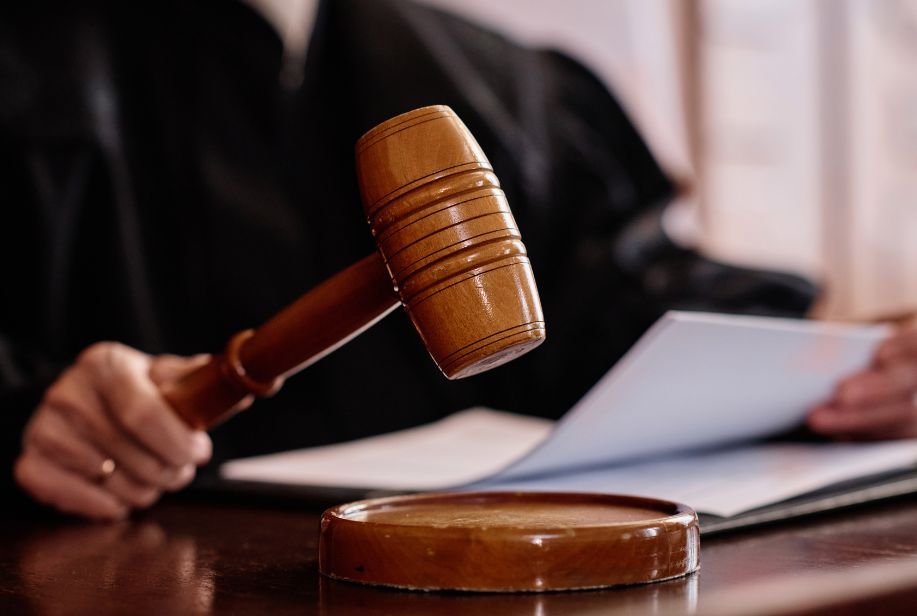A criminal conviction in BC does not always mean the matter is final. If you believe an error occurred during your trial or sentencing, you may have the right to appeal. A criminal appeal gives you the chance to challenge the outcome of your case and request that a higher court review the decision.
Because strict deadlines and legal procedures apply, understanding how the appeal process works is essential. In this blog, we’ll outline the criminal appeal process in BC, explain key timelines, and highlight the possible outcomes you should be aware of.
What Is a Criminal Appeal?
A criminal appeal is not a new trial. Instead, it is a legal process in which a higher court reviews the decision of a lower court to determine whether an error of law, fact, or procedure affected the outcome. In British Columbia, most appeals are heard in the BC Court of Appeal, although some appeals from Provincial Court first go to the Supreme Court of BC.
The purpose of an appeal is to assess whether the trial was conducted fairly and according to the law, not to rehear witnesses or present new evidence. Fresh evidence may be introduced in rare situations, but only under very specific legal circumstances.
Steps Leading to an Appeal
Understanding how appeals fit into the justice system helps one examine the trial process. Serious cases often begin with a preliminary hearing to determine whether there is enough evidence to proceed. The case then goes to trial, where evidence is heard, arguments are made, and a verdict is reached.
If the accused is found guilty, the next stage is sentencing. At this point, the right to appeal becomes relevant. Appeals often arise when the accused or their lawyer believes the trial judge made a legal error, for example, misinterpreting the law, mishandling evidence, or imposing an unfair sentence.
Step 1: Filing a Notice of Appeal
The first step is filing a Notice of Appeal, a formal document that identifies the decision being challenged and the grounds for appeal. Strict deadlines apply:
- Conviction appeals must generally be filed within 30 days of sentencing.
- Sentence appeals must also usually be filed within 30 days of sentencing.
Missing these deadlines can severely limit your options, though in rare cases an extension may be granted. Grounds for appeal might include legal errors, unreasonable findings of fact, or arguments that the sentence was excessive.
Step 2: Preparing the Appeal Record and Factum
Once the notice is filed, the next step is preparing the appeal record and the factum.
- The appeal record includes transcripts, exhibits, and rulings from the trial that the appeal court will review.
- The factum is a written argument prepared by your lawyer that sets out why the conviction or sentence should be overturned or varied.
This stage is crucial. A well-prepared factum often carries significant weight because appeals are decided primarily on written submissions.
Step 3: The Appeal Hearing
At the appeal hearing, both sides present legal arguments before a panel of judges. The appellant (the person appealing) argues why the lower court’s decision should be overturned, while the Crown defends the original verdict or sentence.
Judges may ask questions and will carefully review the written materials before making a decision.
Possible Outcomes
The appeal court has several options:
- Dismiss the appeal – The conviction or sentence stands.
- Order a new trial – Typically due to a serious legal error.
- Substitute a new verdict – For example, reducing the conviction to a lesser offence.
- Vary the sentence – The court may reduce, increase, or otherwise change the penalty.
Why Legal Representation Matters
The appeal process is highly technical and unforgiving when it comes to deadlines. Missing a filing date or failing to raise proper grounds can mean losing your right to appeal.
An experienced criminal defence lawyer can:
- Spot errors made at trial.
- Develop strong, well-researched arguments.
- Navigate the strict rules and procedures of appellate law.
- Ensure your case is presented in the most compelling way possible.
Final Thoughts
Appealing a criminal conviction in BC is not simple, but it can provide a vital safeguard against wrongful convictions and unfair sentences. You can make informed decisions about your future by understanding the process from filing a notice to appearing before the Court of Appeal.
If you or a loved one is considering an appeal, act quickly. Deadlines are short, and early preparation is key to protecting your rights.
Contact Michael Shapray for Help with Criminal Appeals in BC
If you have been convicted of a crime and are exploring your appeal options, contact Michael Shapray, an experienced criminal defence lawyer in British Columbia. With extensive knowledge of both trial and appellate law, he can guide you through each stage of the process and fight to protect your rights.


